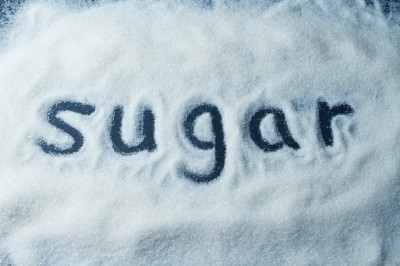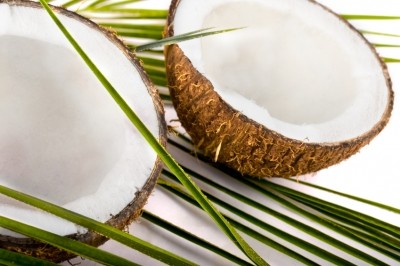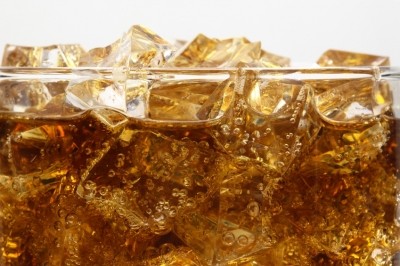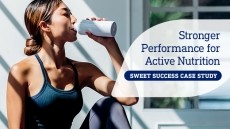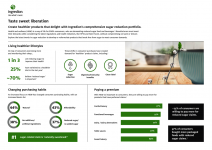Excess sugar consumption ‘similar to cocaine addiction', says study
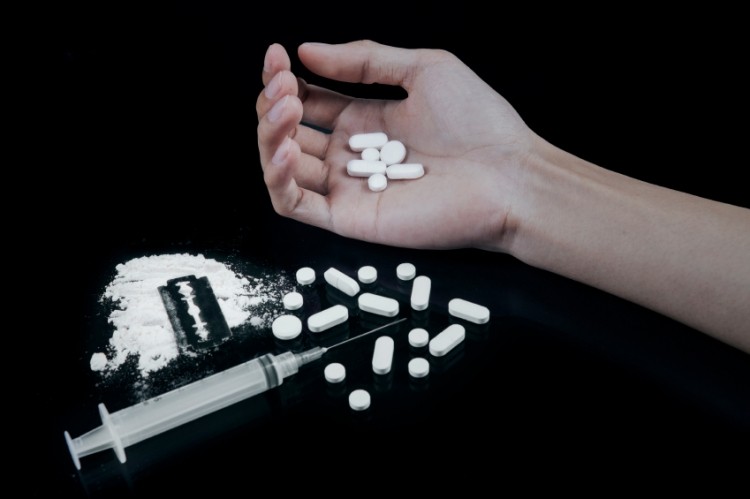
The study identified that excessive sugar consumption increases the dopamine levels in the brain with higher levels of sugar needed to achieve the same reward levels and avoid mild states of depression.
The researchers believe that since the pathways of each drug are so similar, drugs used to treat nicotine addiction could be used to treat addiction to sugar.
The team from the Queensland University of Technology (QUT) used animal models to investigate the efficacy of varenicline, a drug that that can regulate dopamine in the reward pathway of the brain, and its effect of reducing long-term sucrose consumption.
Wistar rats were divided into groups of 10–12 and varenicline was administered to each animal to assess short-term exposure (4 weeks) and, long-term exposure (12 weeks)
Study details
Results revealed that in the short-term only 2 mg/kg of vareniciline significantly decreased sucrose consumption. In contrast, in the long-term both 1 and 2 mg/kg varenicline decreased sucrose consumption.
They demonstrated that long-term sucrose consumption increases a certain receptor (α4β2) and decreases another (α6β2) receptor in the key brain region associated with reward.
“The present study shows that systemic administration of varenicline produced a reduction of sucrose consumption, especially after long-term sucrose consumption,” the study’s authors said.
“Interestingly, varenicline did not affect sucrose consumption in the short-term suggesting that intermittent access to sucrose may contribute to neurological changes for which varenicline is effective.”
Binging on sugar has repeatedly been shown to elevate dopamine levels in the reward part of the brain, an observation also seen in drug abuse. Chronic intermittent sugar intake also causes an increase in the expression of dopamine (D1) receptors and decrease in the expression of D2 receptors in the brain regions. Similar changes have also been noted in cocaine and morphine responses.
Source: PLOS one
Published online ahead of print, doi.org/10.1371/journal.pone.0150270
“Neuronal Nicotinic Acetylcholine Receptor Modulators Reduce Sugar Intake.”
Authors: Masroor Shariff, Maryka Quik, Joan Holgate, Michael Morgan, Omkar L. Patkar, Vincent Tam, Arnauld Belmer, Selena E. Bartlett

